Tiger Sport
TigerSport Football and Basketball Game Analysis
Trump's trade deals and tariffs are on the chopping block in court. What happens next 


07-26 21:06Views 5054
A federal appeals court is preparing to hear arguments challenging President Trump's assertion of broad authority to impose tariffs at any level on any country at any time under the guise of addressing a national emergency. The Trump administration bases this claimed power on the International Emergency Economic Powers Act (IEEPA), using it to justify significant tariffs, including those related to fentanyl on Canada, Mexico, and China, as well as worldwide "reciprocal" tariffs announced in April.
However, the U.S. Court of International Trade ruled in late May that Trump exceeded his authority under IEEPA when imposing these tariffs. This decision was quickly paused by the U.S. Court of Appeals for the Federal Circuit, keeping the tariffs in effect while the legal challenge proceeds. The specific case, V.O.S. Selections v. Trump, is the most advanced of several lawsuits and is scheduled for oral argument before the Federal Circuit.
Legal experts, like Ted Murphy of Sidley Austin, express concern, stating "the tariffs are at risk" because IEEPA has "never been used for this purpose" and is "being used quite broadly," raising "legitimate questions." While IEEPA grants powers to address national emergencies stemming from external threats, attorneys representing the small business plaintiffs argue the law does not authorize unilateral tariff imposition. They emphasize that "IEEPA nowhere mentions tariffs, duties, imposts, or taxes," and no past president has interpreted it that way.
Conversely, attorneys for the Trump administration counter that Congress has long empowered presidents to impose tariffs to address critical national concerns. They contend the statute's authorization for the president to "regulate … importation" inherently includes the power to impose tariffs.
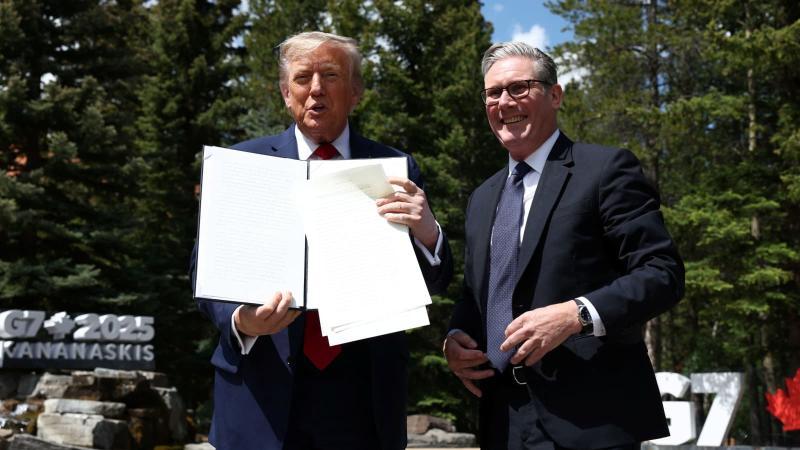












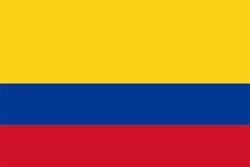

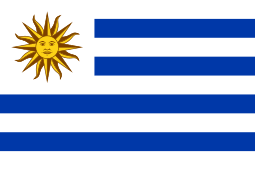
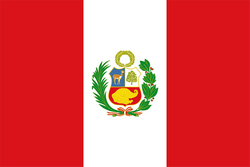



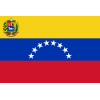

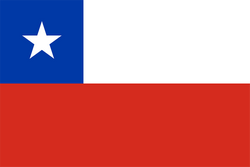


















Related Comments(4985)